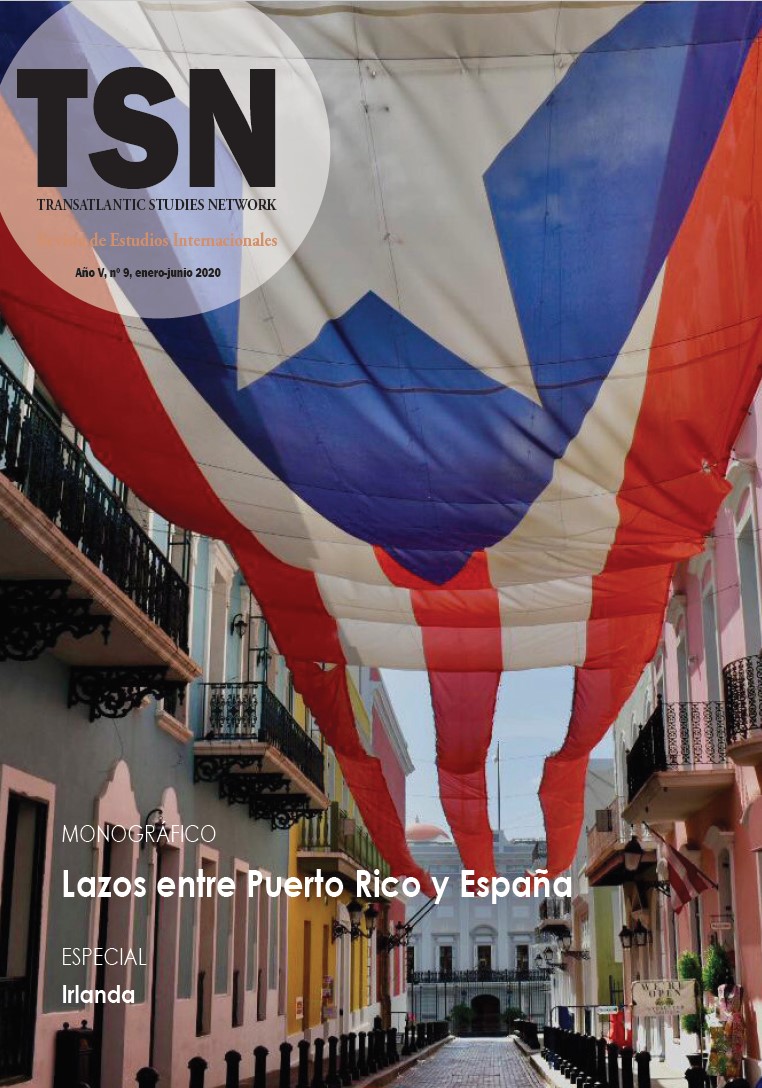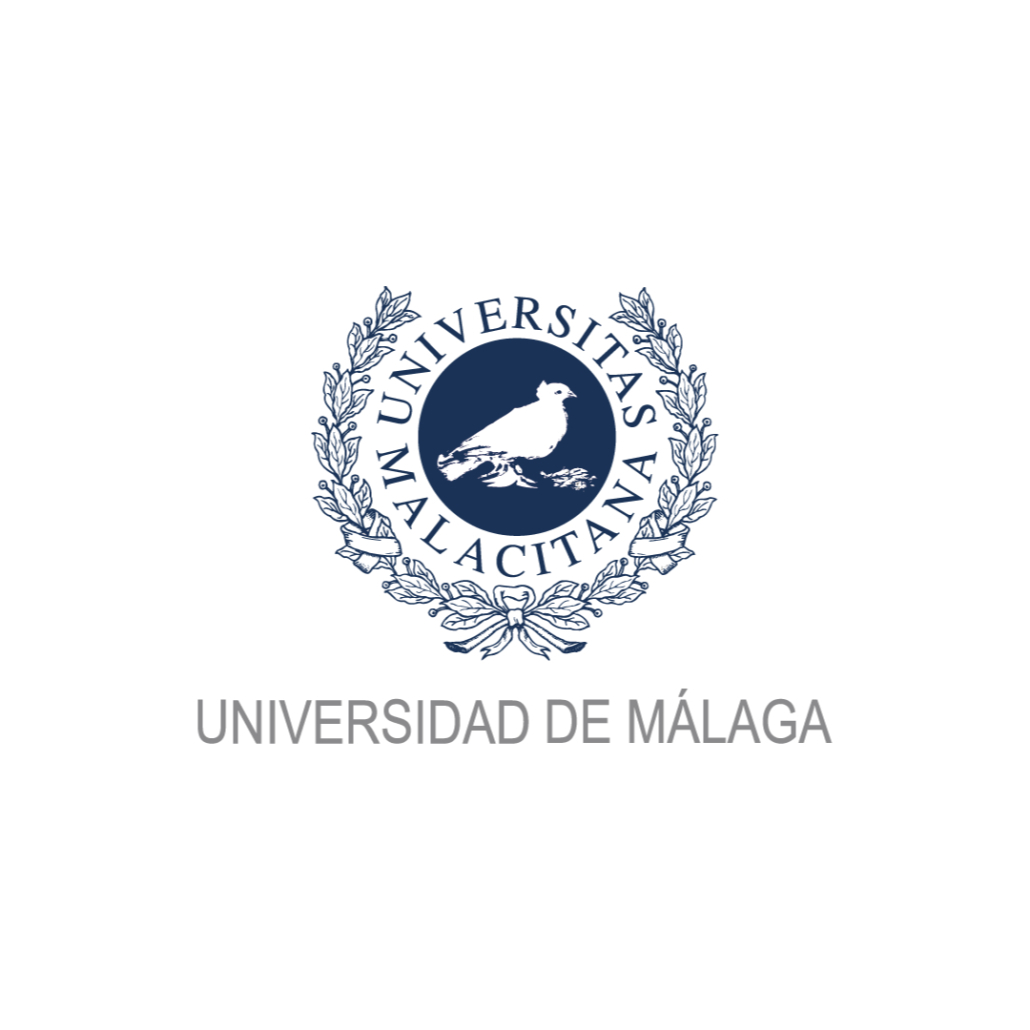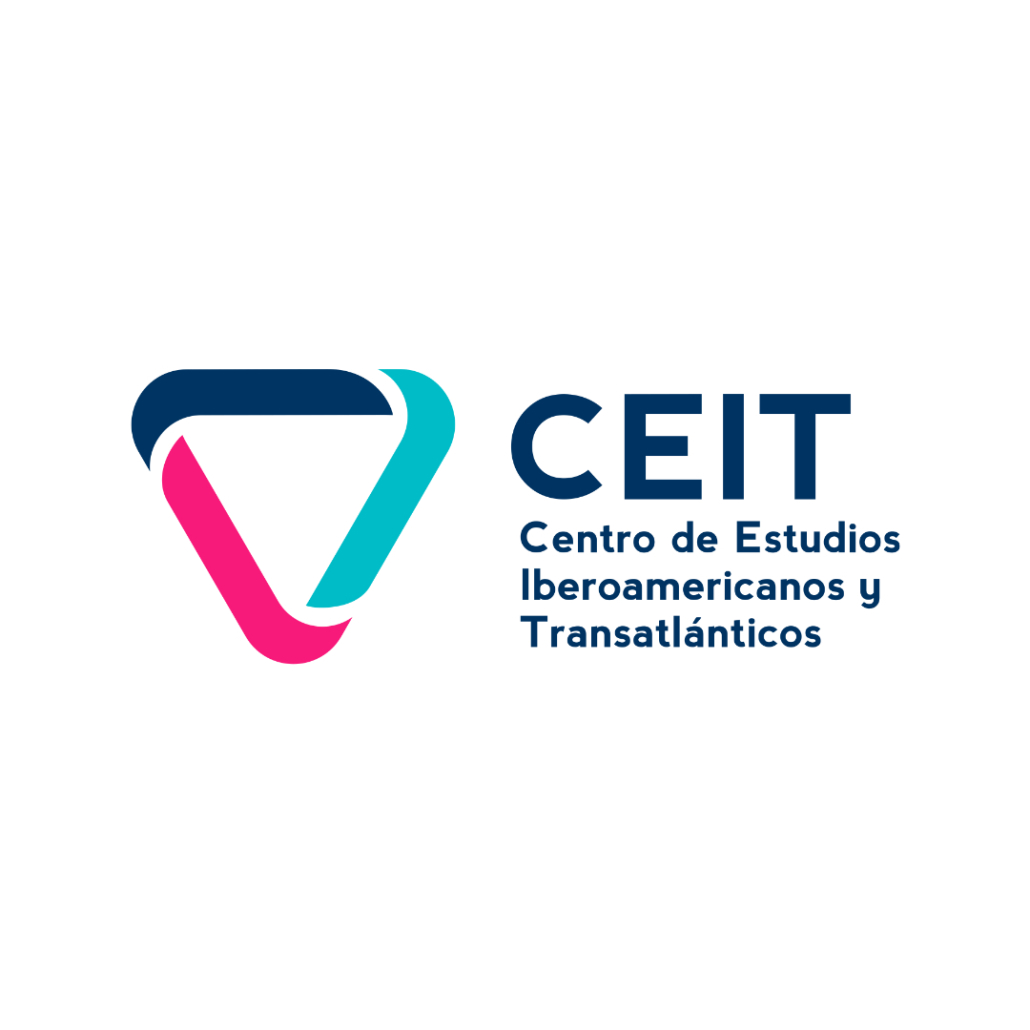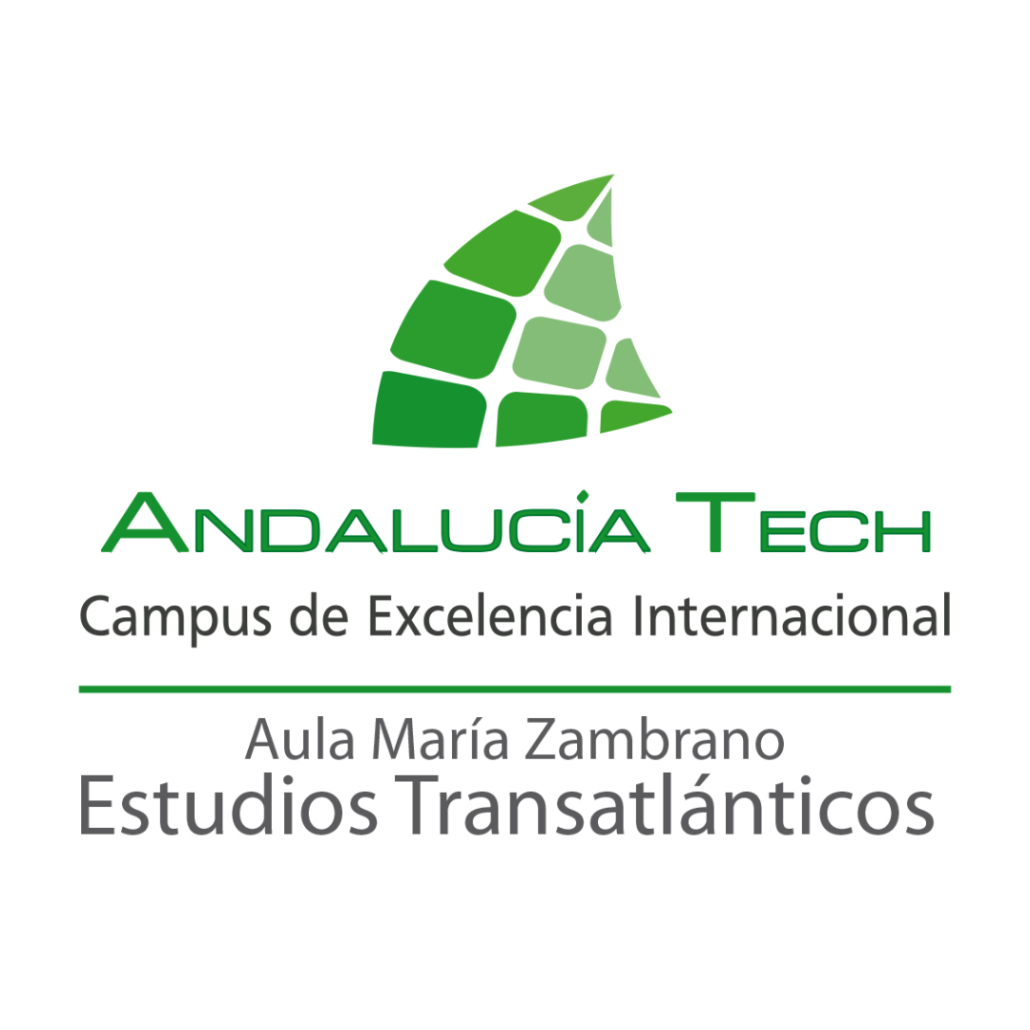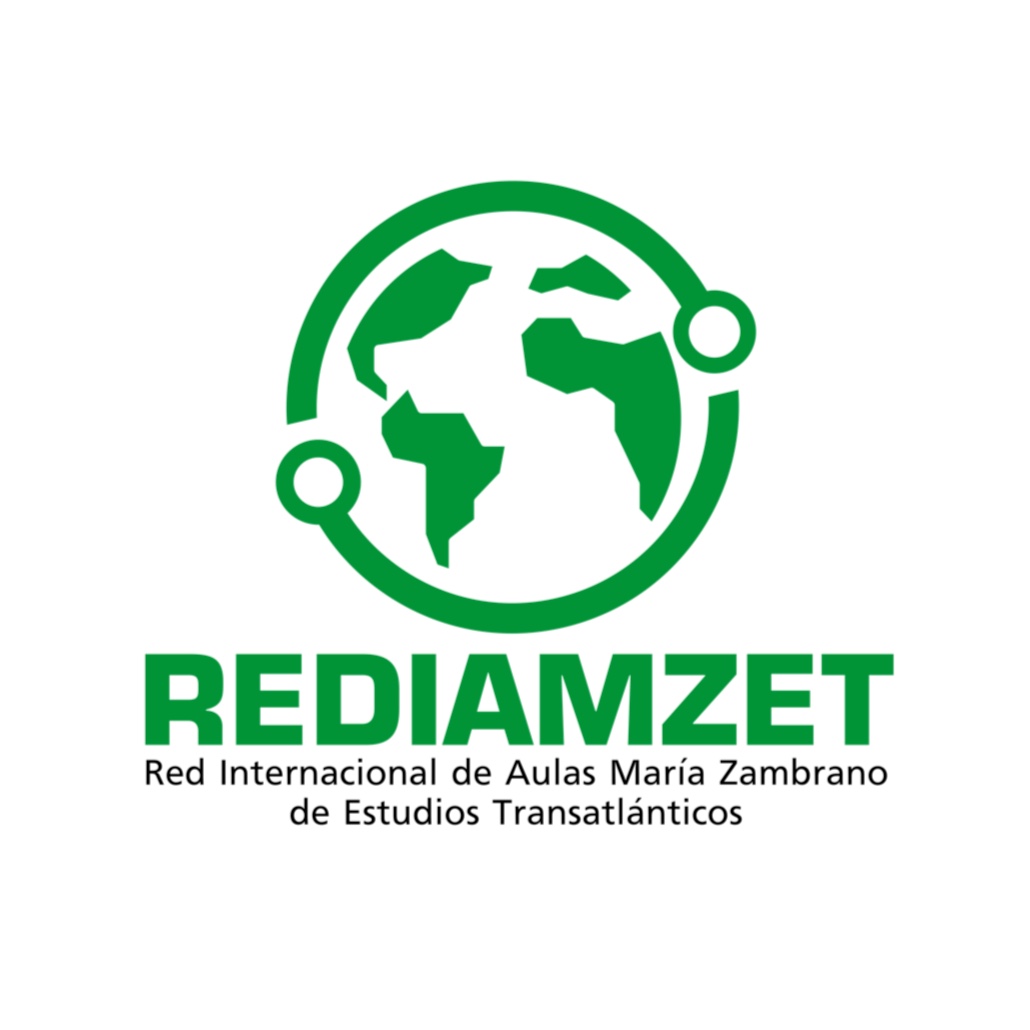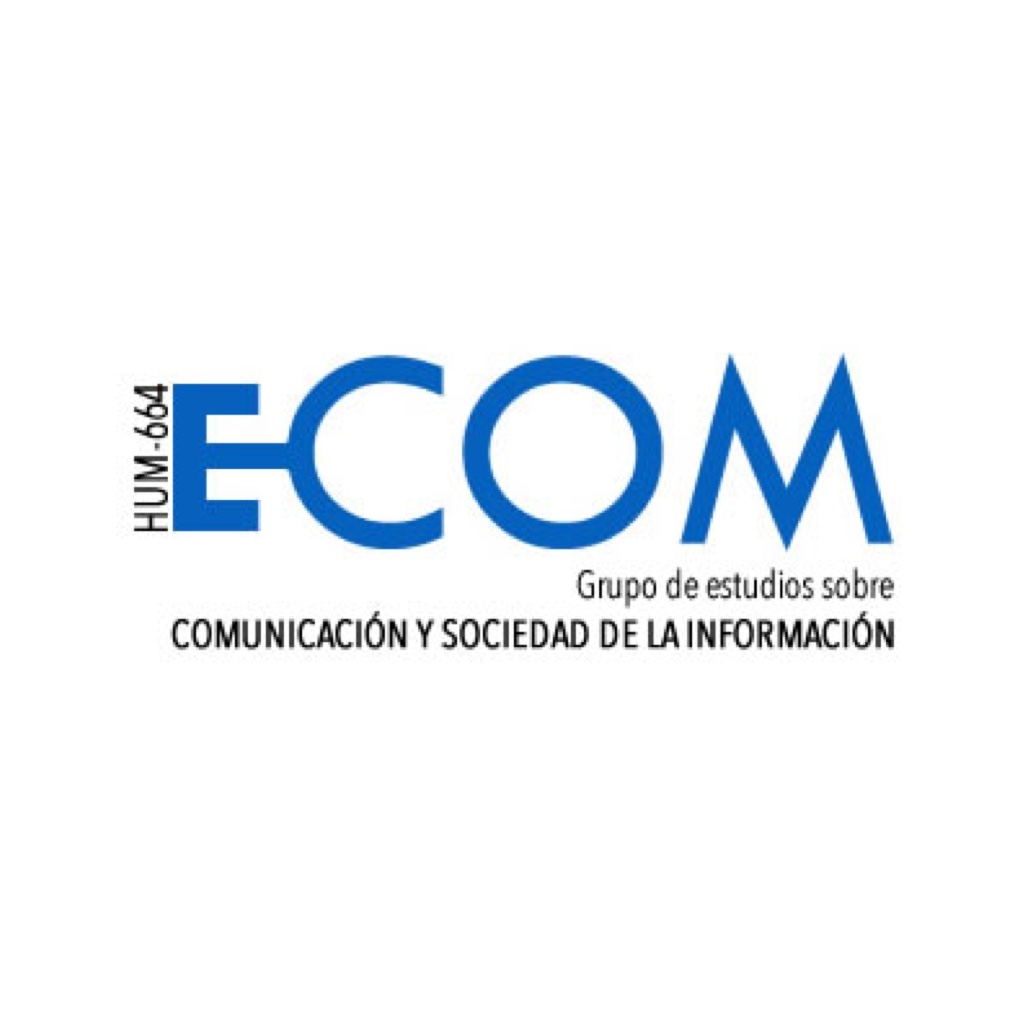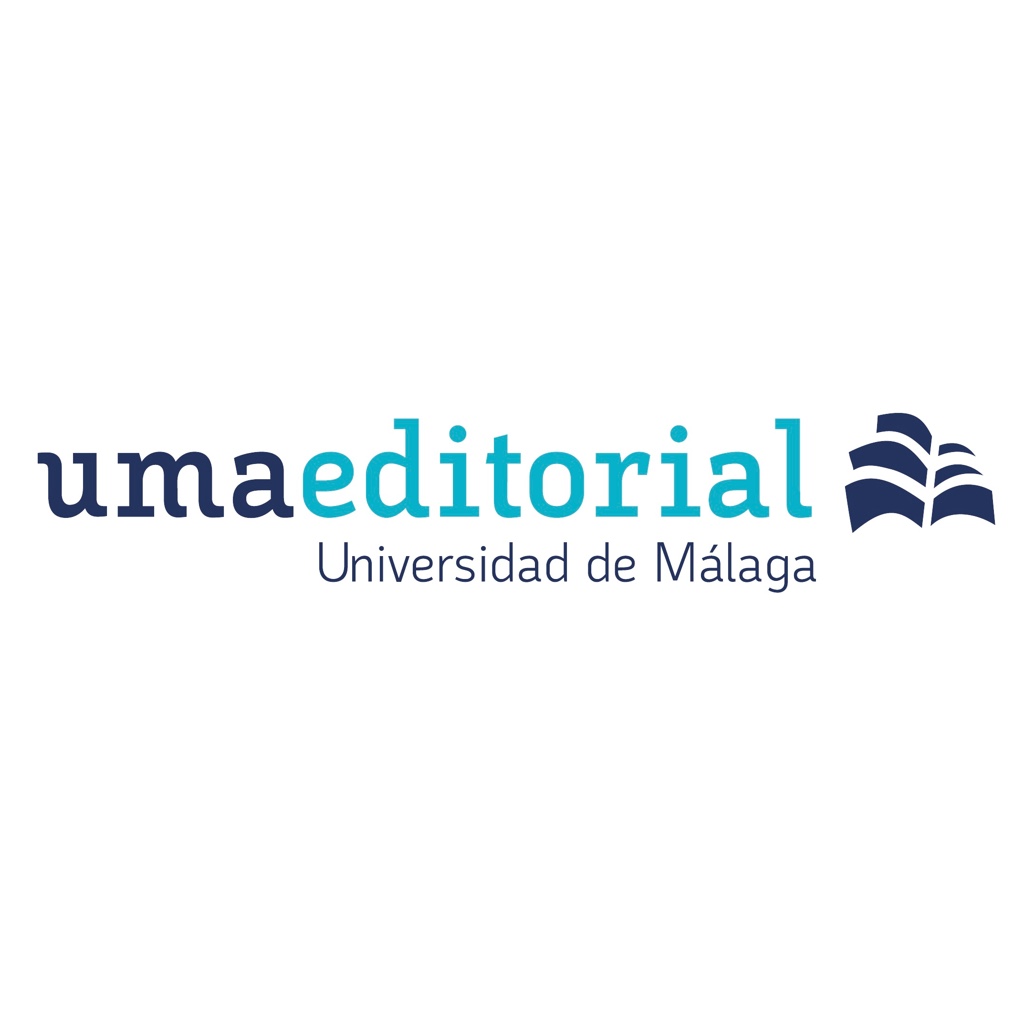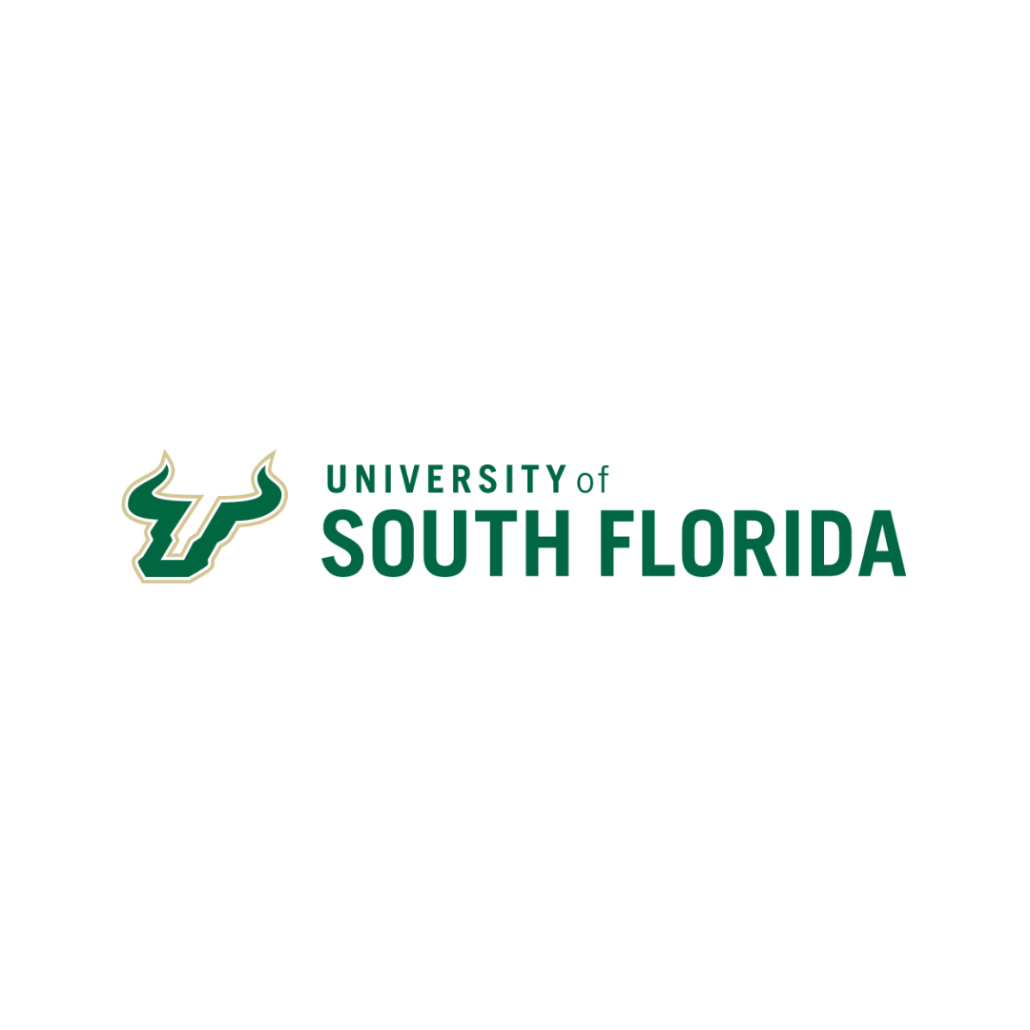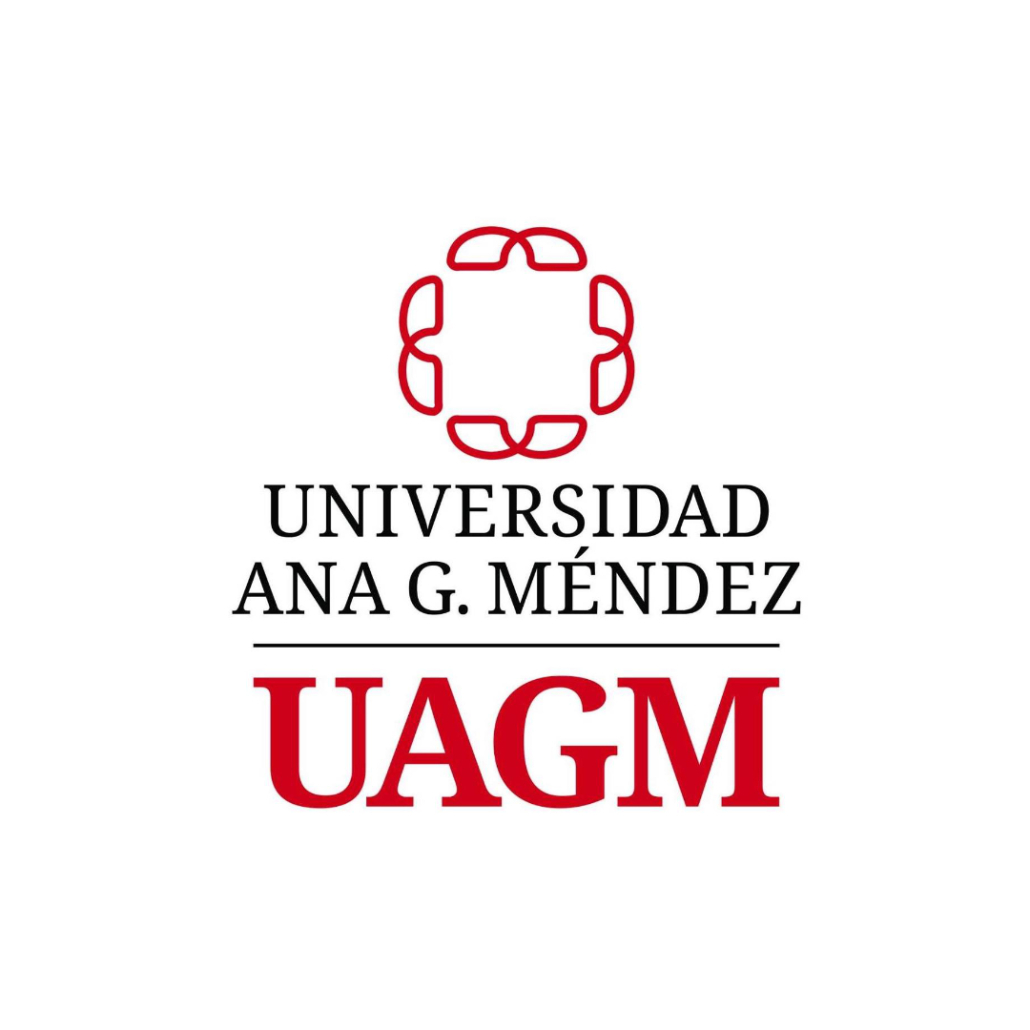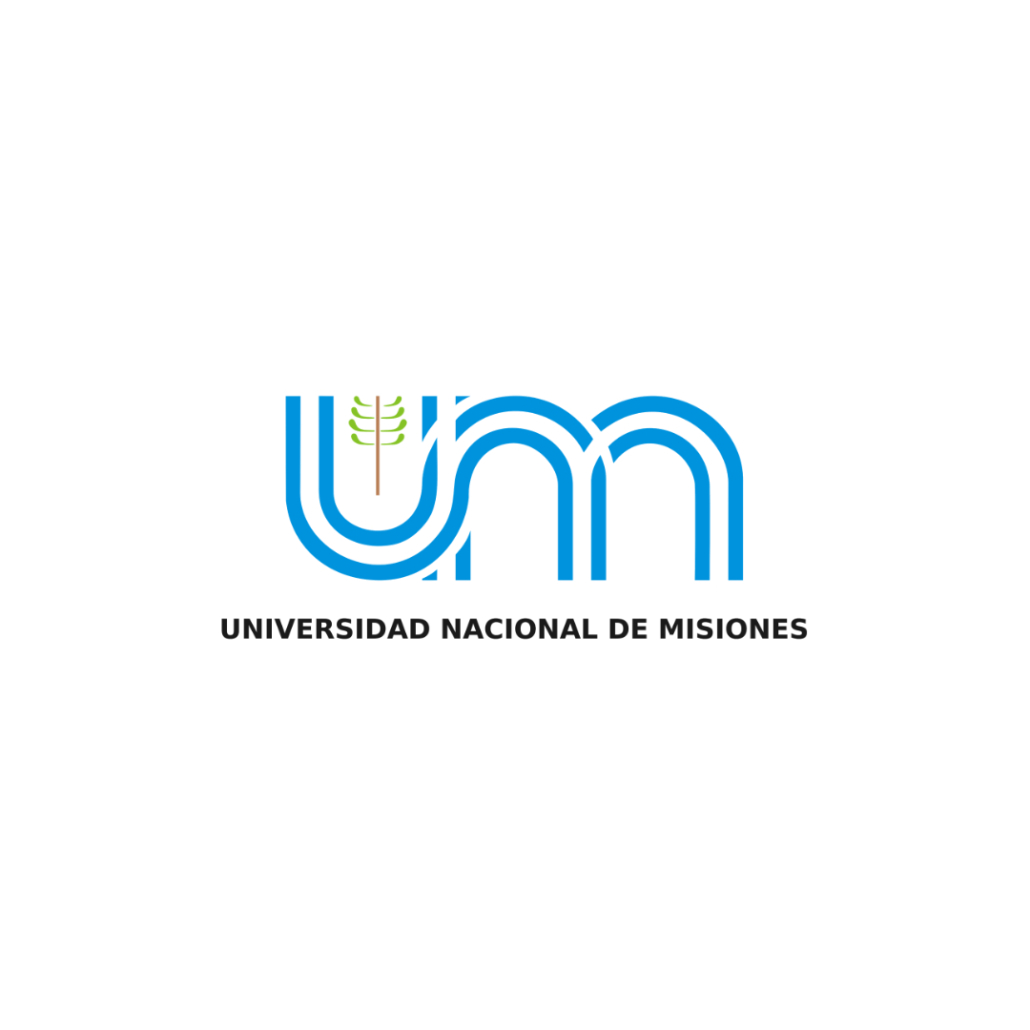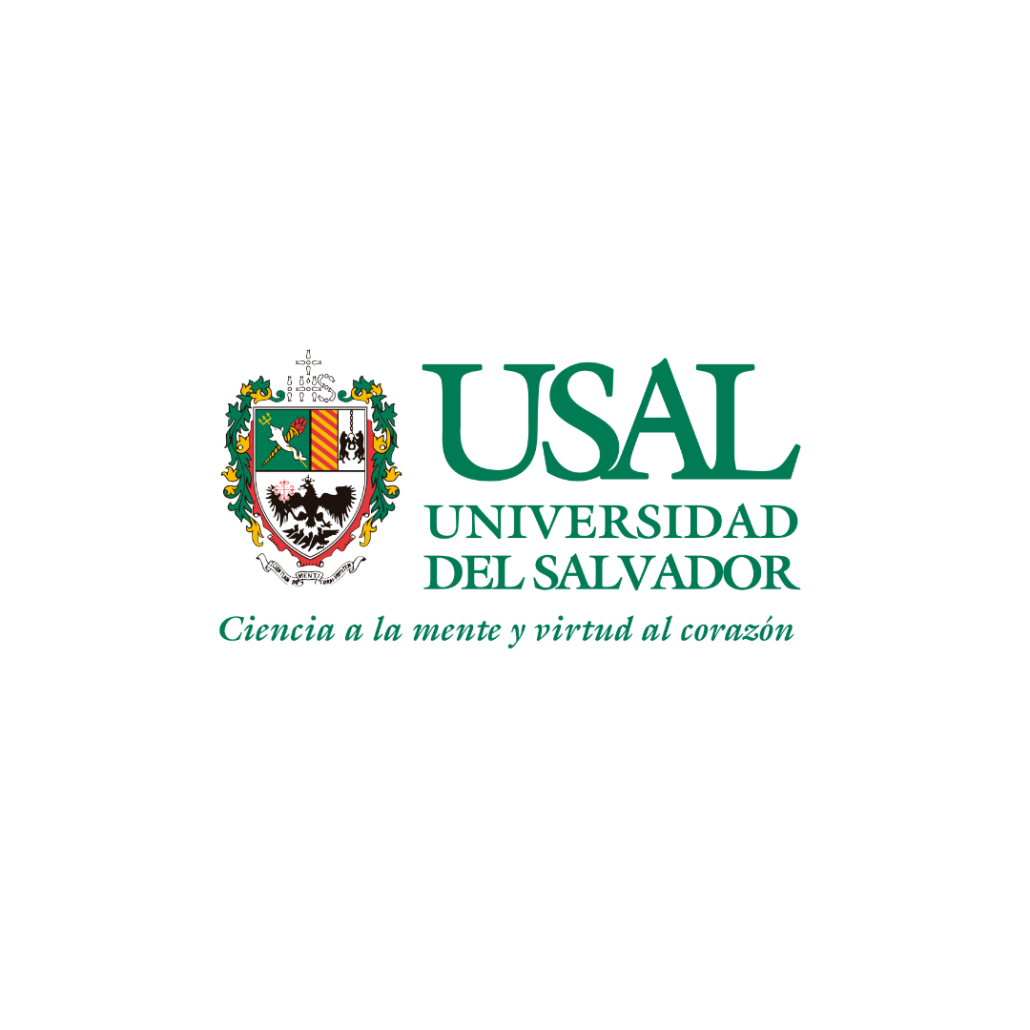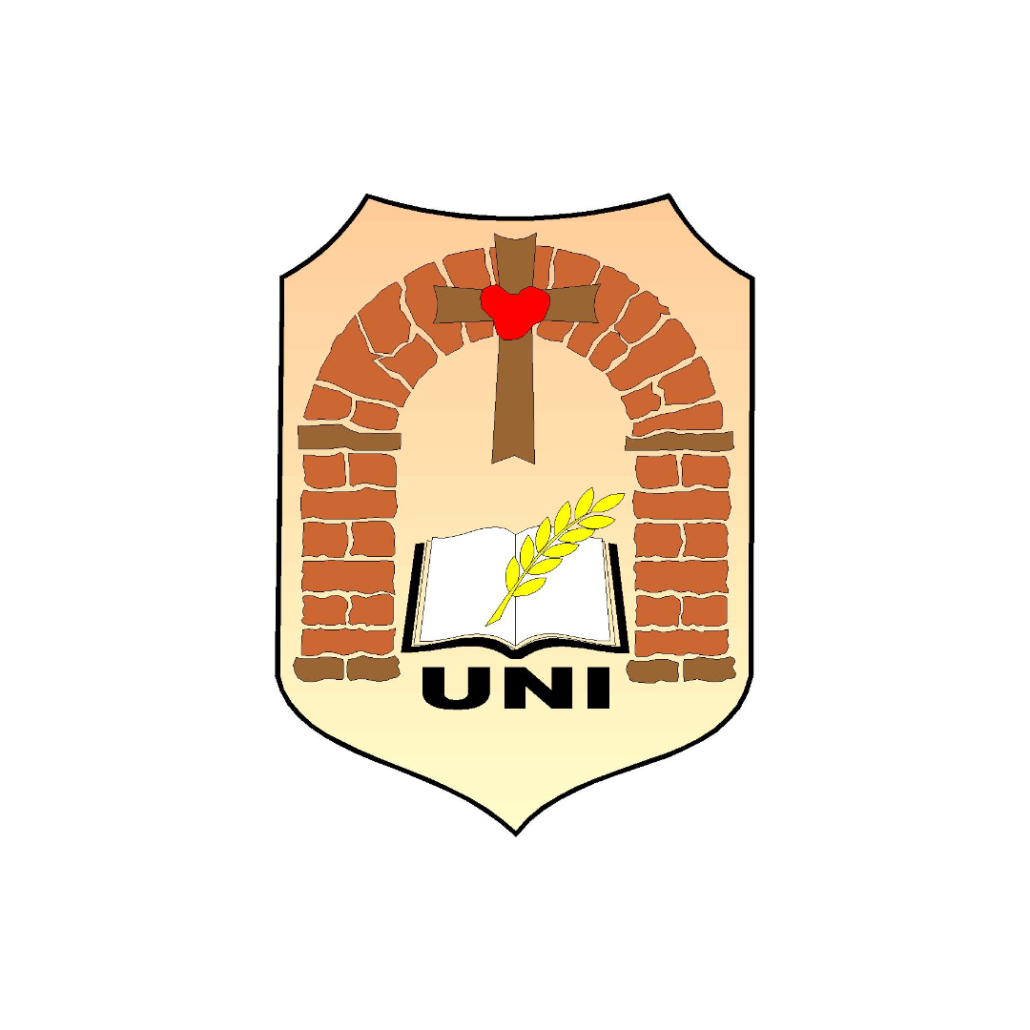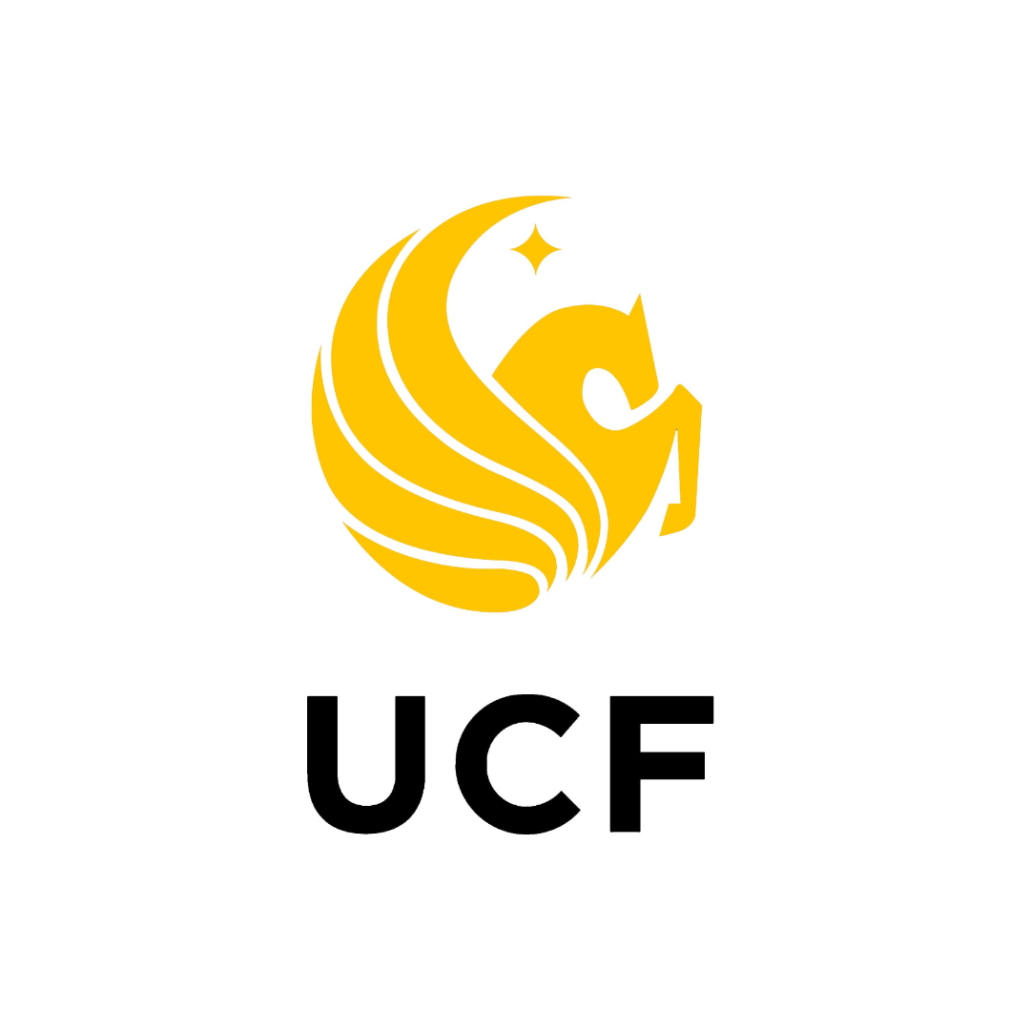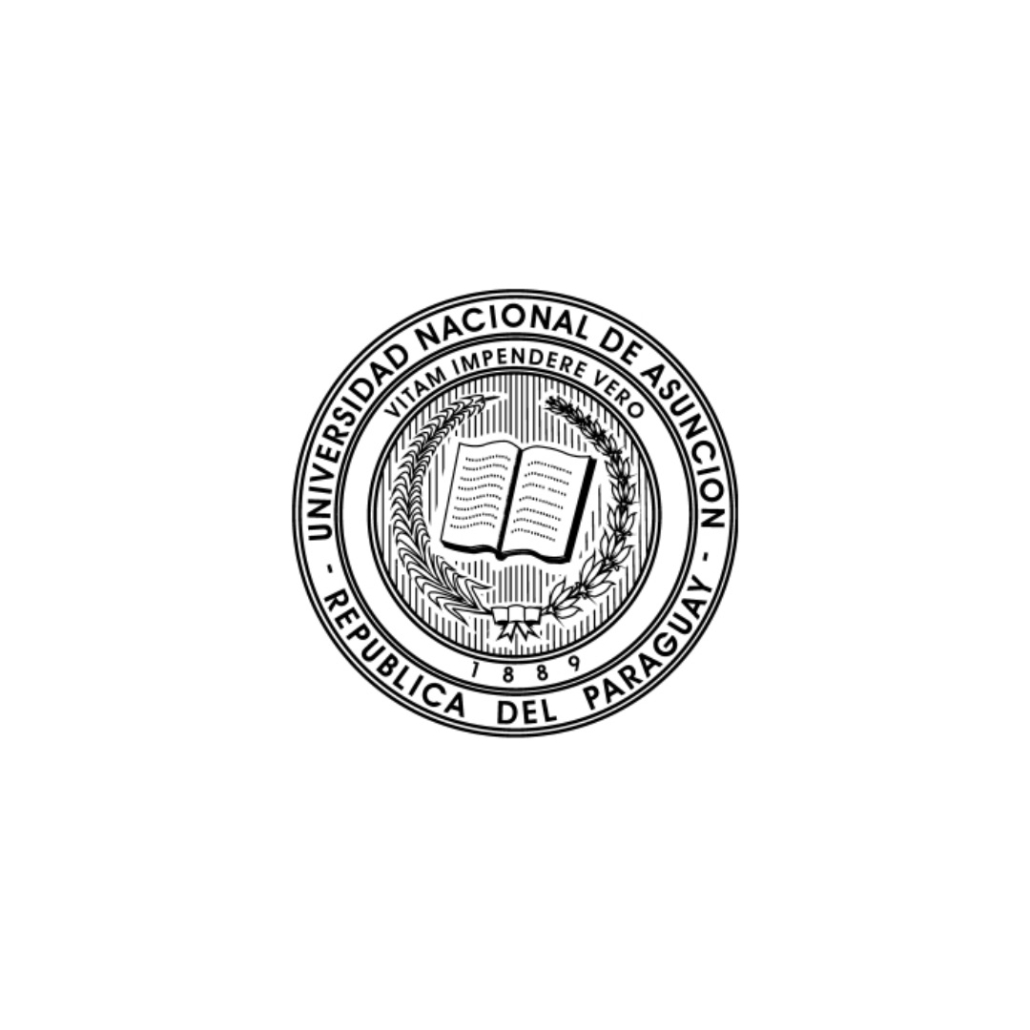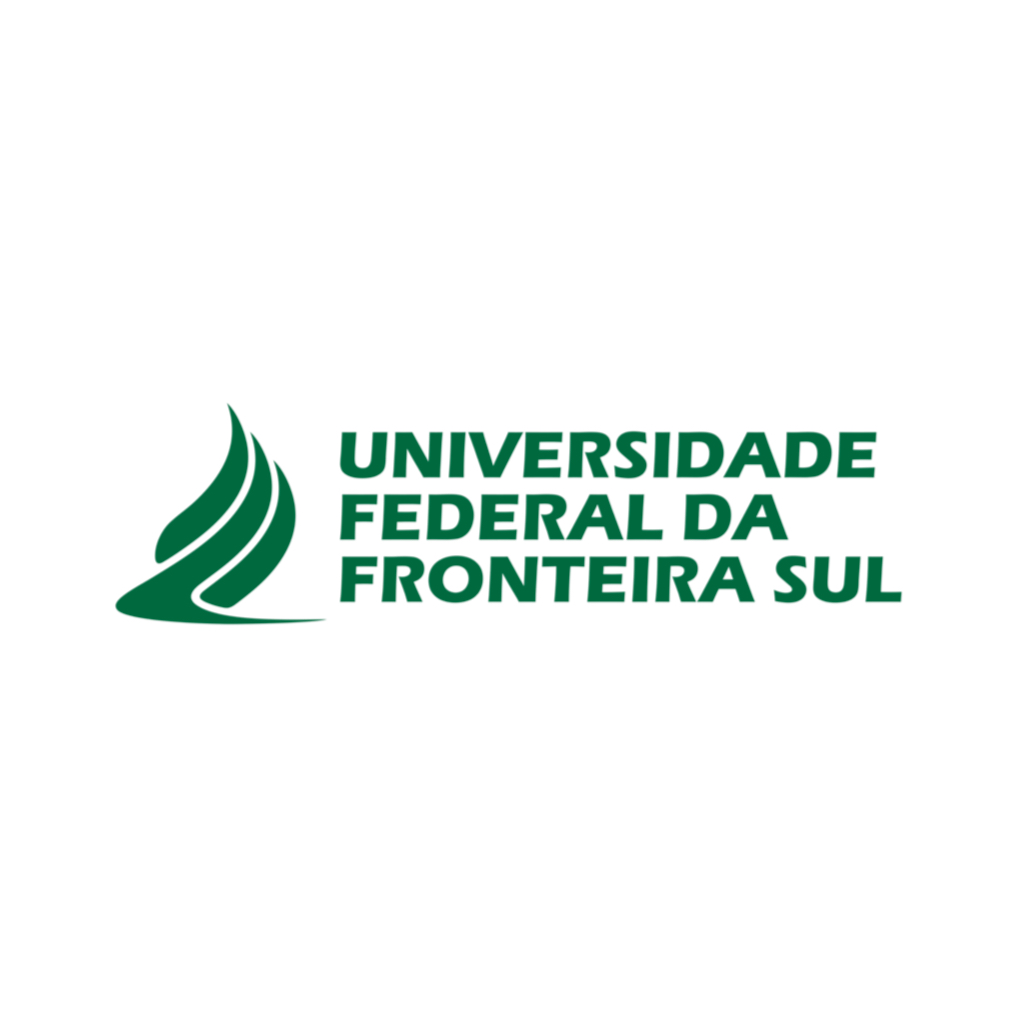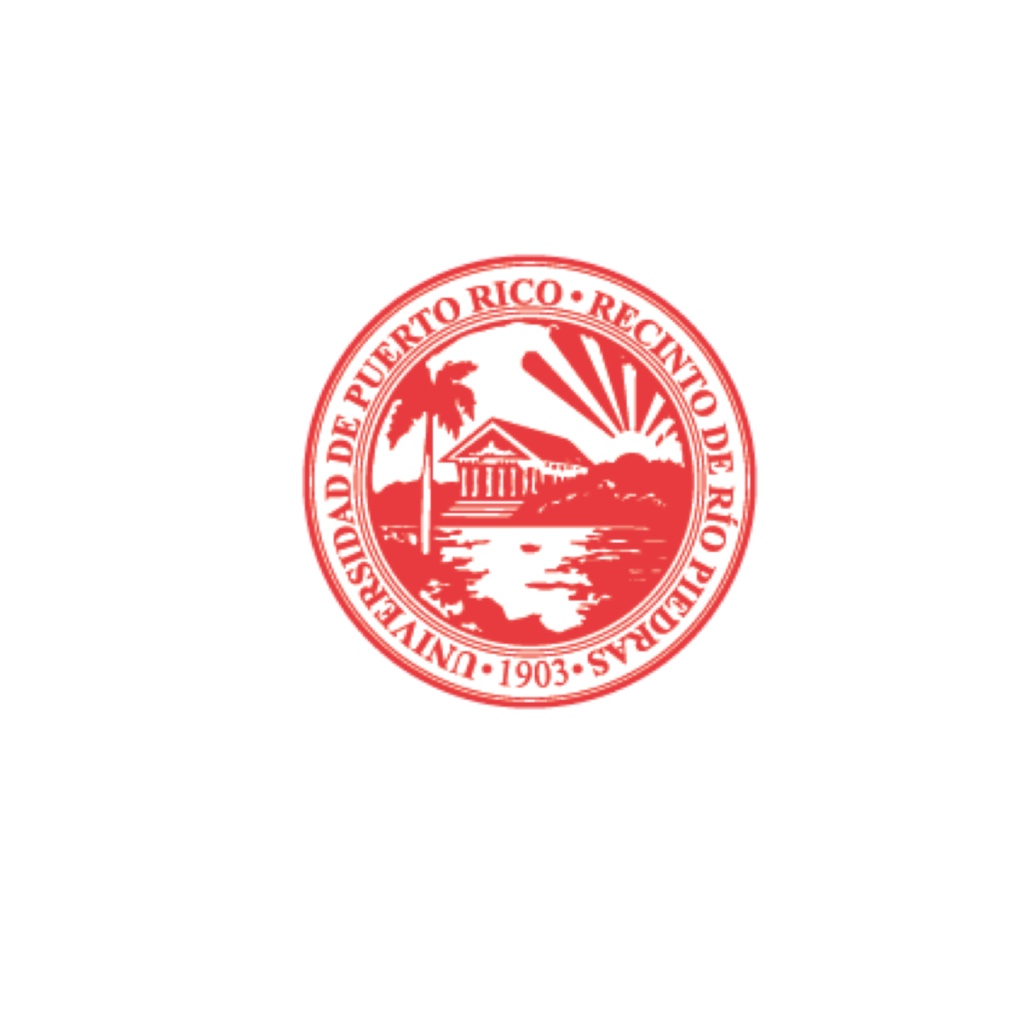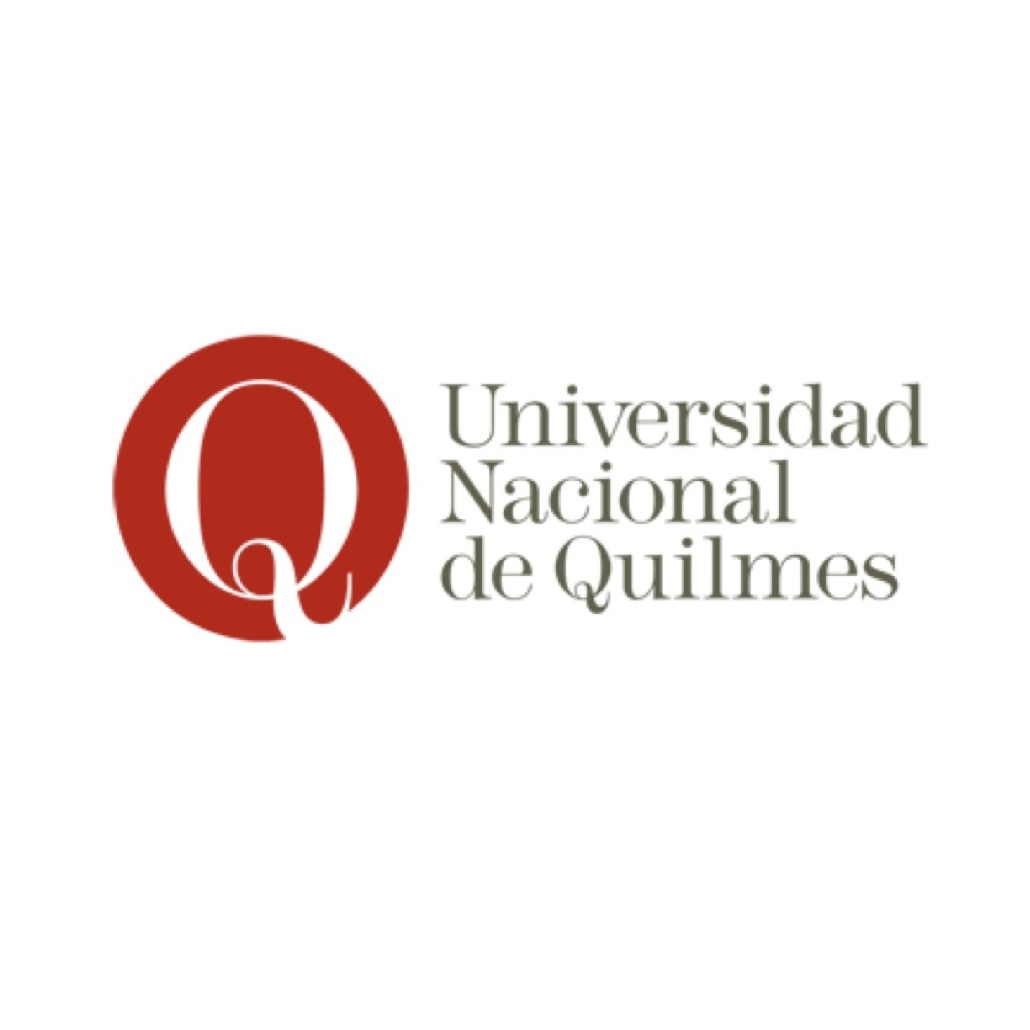House of Puerto Rico in Spain: origin and trajectory since the mid-20th century
DOI:
https://doi.org/10.24310/TSN.2020.vi9.13008Keywords:
Puerto Rico, CAPRE, Puerto Rican culture, Ramón-Darío Molinary, Institute of Hispanic Culture, Casa de América, Spanish exile in Puerto Rico, Seminar of Puerto Rican Culture, Rafael Pérez ColónAbstract
In 1898 the relationship between Puerto Rico and Spain entered a transition phase after more than 400 years of Spanish sovereignty on the island. Under the banner of the United States of America, Puerto Rico began a new journey in the political, economic, social and cultural aspects within the early twentieth century. At the same time, Spain enters a stage of political instability that culminates in a civil war. However, the bonds forged over 400 years of common history manage to keep alive the connection between families and other activities based on a common language and cultural ties. More than a century after this transition began, Puerto Rico continues to be characterized by its Spanish language and Hispanic culture heritage. There were many institutions and people who contributed to nurturing the Hispanic ties on the island and the relationship with Spain throughout this period. In this context the House of Puerto Rico in Spain (CAPRE) was created, formally in 1965, in Madrid and as a continuation of Puerto Rican student organizations in Spanish universities. CAPRE arises from the interest of the Puerto Rican community established in Spain, to publicize the island and its developments while helping to strengthen the historic link. The government of Puerto Rico was also interested in publicizing the island’s progress and supported the initiative from its inception. Until the opening in Madrid, of an office of the government of Puerto Rico, in the 1980s, CAPRE was one of the most active actors and liaison in the promotion of relations between the island and Spain. From its foundation, to the present day CAPRE maintains its activity focused on giving presence to Puerto Rico within the Spanish society and looks forward to staying on.
Downloads
Metrics
Downloads
Published
How to Cite
Issue
Section
License

This work is licensed under a Creative Commons Attribution-NonCommercial-ShareAlike 4.0 International License.

